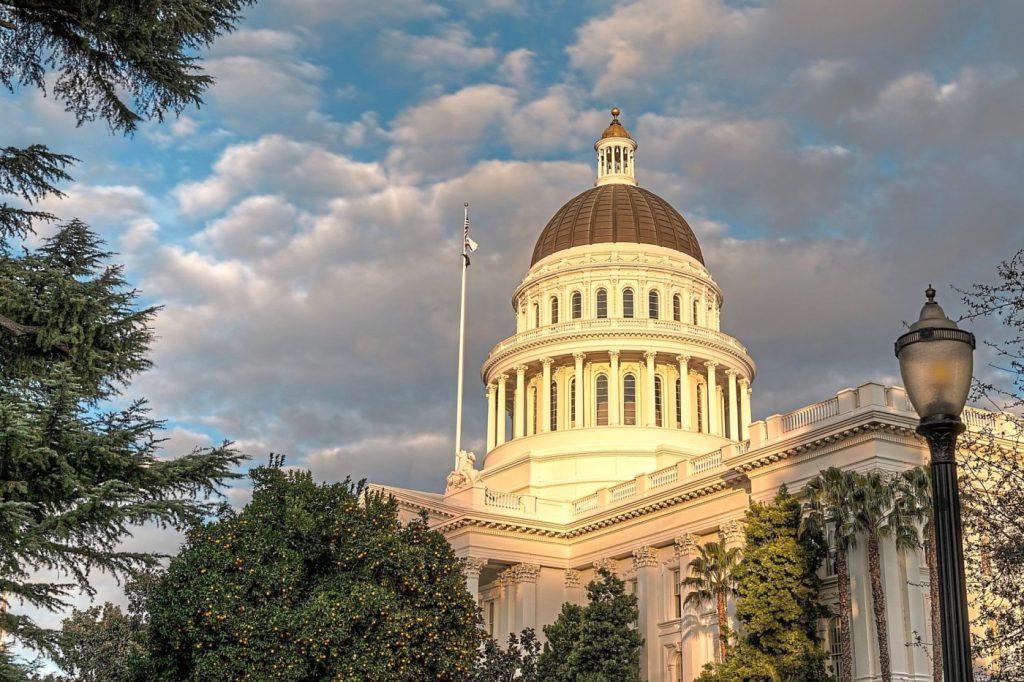California’s state budget process was relatively straightforward, albeit often opaque, prior to 1978.
Governors and legislators would estimate how much money they had to spend during the forthcoming fiscal year, which was fairly easy because most of the state’s revenue came from predictable sales taxes. They would set aside enough money for basic governmental functions, and divvy up the remainder in response to specific requests from legislators and interest groups, with few legal mandates.
The process became much more complicated after voters passed Proposition 13, the iconic property tax reduction measure in 1978. School systems and local governments that had depended on property taxes clamored for state aid to make up for lost revenue, and overnight the budget became a much larger and infinitely more complicated document.
That complication soon spawned another element of the annual process: “trailer bills” to implement the budget’s financial decrees by changing laws governing how the newly allocated money should be spent.
Over the ensuing 40-plus years, the number of trailer bills blossomed. Eventually, they ceased being just adjuncts to the budget and became vehicles for major changes in policy having little or nothing to do with the budget.
That has been especially true since 2010, when the state’s voters passed Proposition 25, a measure sponsored by Democratic politicians and public employee unions to change the required vote on the budget from two-thirds of both legislative houses to simple majorities.
The measure eliminated the ability of Republican legislators to influence the budget. It also gave budget trailer bills legal standing, declaring that they, too, could be enacted with simple majority votes and — like the budget — would take effect immediately upon being signed by the governor.
Thereafter, Democratic governors and legislators would often draft last-minute bills containing sweeping policy changes, insert token $1,000 appropriations to tie them to the budget and pass them with little or no opportunity for the public or affected interests to know what was happening. Since trailer bills take immediate effect, they could not be challenged via a referendum ballot measure.
As Prop. 25 was pending, then-Assembly Speaker John Pérez and Senate President Pro Tem Darrell Steinberg issued a statement that, if passed, it “will not allow a majority of the Legislature to use budget trailer bills to enact new ‘referendum-proof’ programs or requirements,” adding, “Any attempt by this or any future Legislature to circumvent this right would be in clear violation of California’s constitution.”
Related Articles
Walters: Newsom’s state budget proposal already shows its shortcomings
Walters: Newsom has a lousy record forecasting California’s tax revenues
New California ruling targets pension ‘spiking’ as retirees appeal for relief
Whoops, turns out there is money in California budget for 4th graders to go to state parks
Walters: Will Newsom confront budget woes or leave them to successor?
In the 13 years since, hundreds of trailer bills have been enacted and many do contain major policy declarations that are referendum-proof.
The misuse of the trailer bill loophole finally became so blatant that voters passed another initiative in 2016, Proposition 54, requiring bills to be in print for 72 hours before final passage. Although legislative leaders, who opposed the measure, often use parliamentary tricks to minimize opportunities to see the contents of trailer bills.
This bit of legislative history is offered because the annual budget process is underway and Gov. Gavin Newsom’s Department of Finance has just released a list of 77 trailer bills that would be attached to his 2024-25 budget, although their precise contents are far from determined.
That’s just the beginning because before the budget is passed in June — and even after it’s enacted — other trailer bills will continue to surface. In fact, we’ll probably see some new trailer bills attached to the 2023-24 budget, which was passed last June, as Newsom and the Legislature try to shrink its multibillion-dollar gap between income and outgo.
The opportunity for political mischief looms large.
Dan Walters is a CalMatters columnist.


